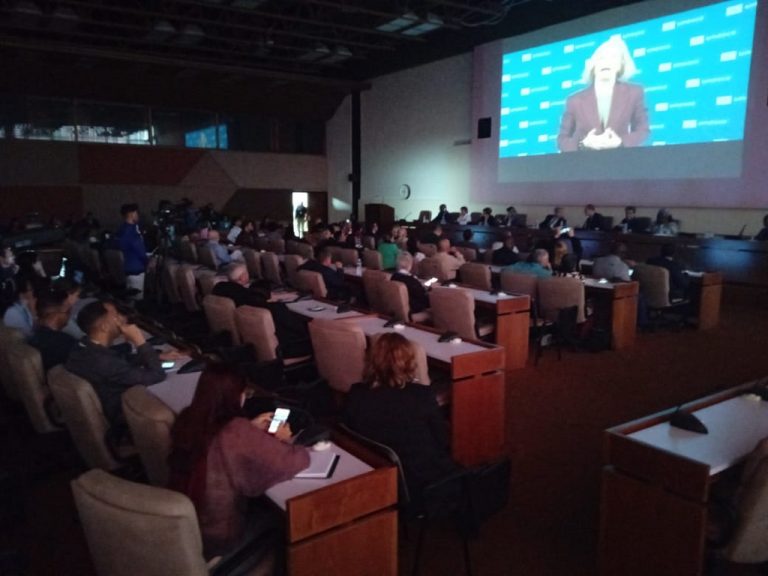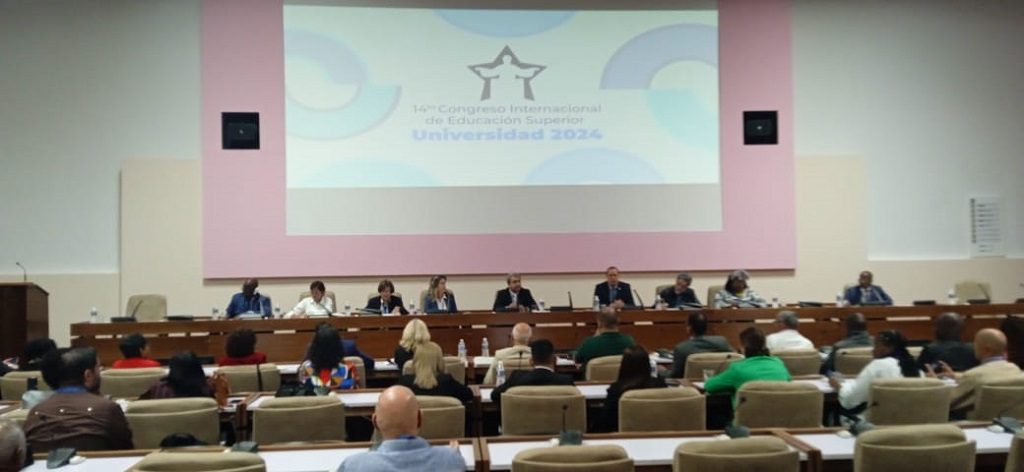Speaking virtually in the Segment of Ministers and Authorities of Higher Education, which meets in Cuba within the framework of the University Congress 2024, she pointed out that among the challenges of teaching are threats to the planet, the decline in democracy and armed conflicts.
Giannini indicated that data from the United Nations Educational, Scientific and Cultural Organization (UNESCO) clearly show large differences in schooling rates between the richest and poorest. In Latin America, the disparities are up to 80 percentage points, she added.
Technological breakthroughs such as artificial intelligence are transforming higher education, while creating new challenges for broadcasting, assessments and teaching, she said.
Giannini recalled that before these crises and uncertainties, UNESCO convened the 3rd World Conference on Higher Education in Barcelona in 2022, an event that offered a vision to transform this field, through eight transitions.

She noted that it is about migrating from a position of focusing on single, vertical disciplines to a holistic approach, as well as moving from content-based teaching to one supported by evolving technologies.
Achieving these transitions will require collaboration and global citizens, the deputy director general stressed.
The UN official pointed out that the new global convention on the recognition of qualifications related to higher education by UNESCO, active since last year, together with the regional conventions, are really changing the rules of the game.
jg/jav/ro/mks










